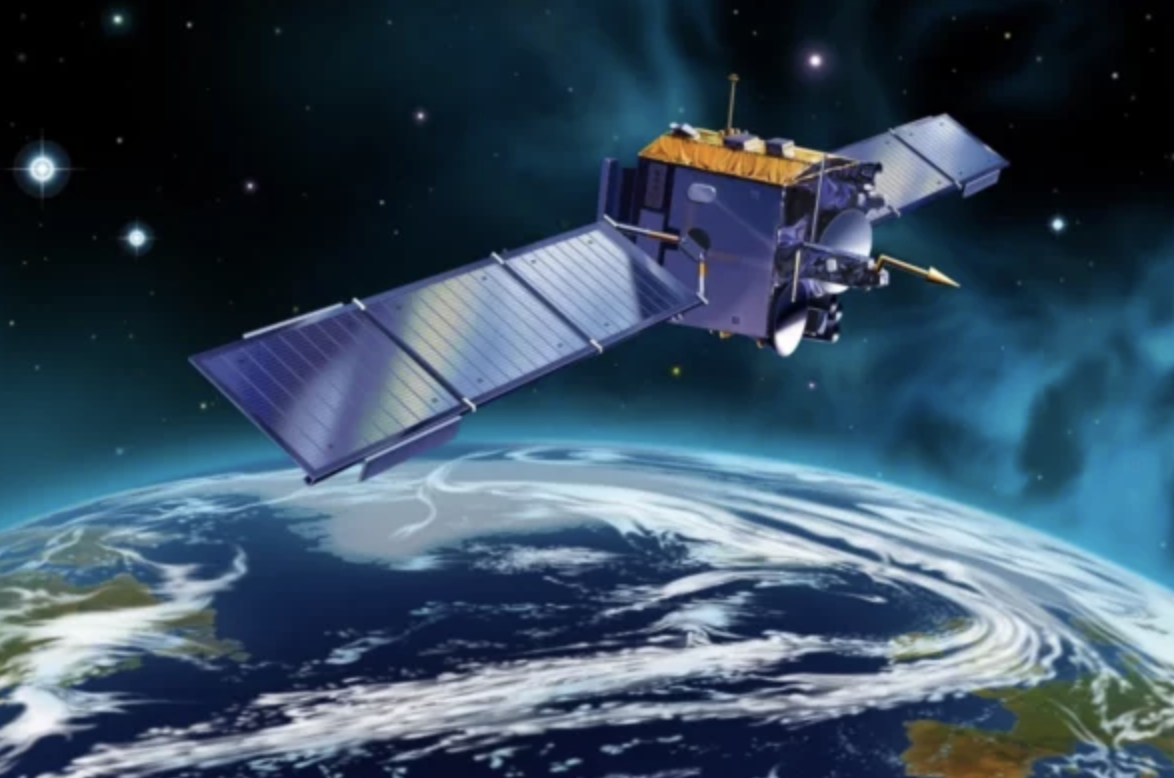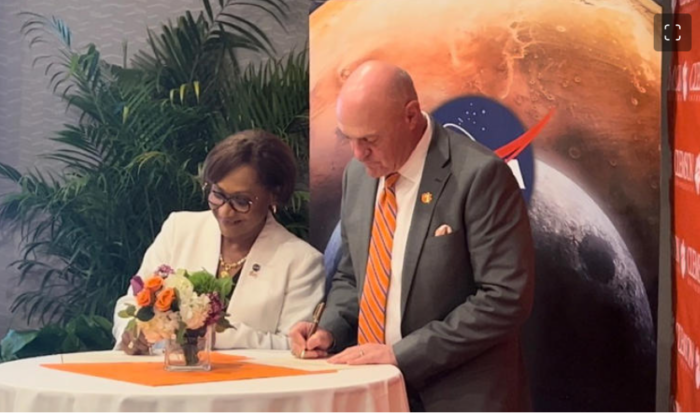Insider Brief
- The following is a summary of an initial story that appeared in The Quantum Insider, a partner site of Space Impulse.
- Russian and Chinese scientists successfully establishing a secure quantum link over a remarkable distance of 3,800 kilometers.
- This achievement, facilitated by China’s Mozi quantum satellite, was reported by The South China Morning Post.
- Image: Chinese Academy of Science
Russian and Chinese scientists reportedly made a significant leap in quantum communication by successfully establishing a secure quantum link over a remarkable distance of 3,800 kilometers. This achievement, facilitated by China’s Mozi quantum satellite, was reported by The South China Morning Post.
The link spanned from a ground station near Moscow to another in Urumqi, China. The teams managed to transmit two images securely encrypted with quantum keys, showcasing the potential for a highly secure quantum communication network among nations aligned with Russia and China, the SCMP reports. This development is seen as a crucial step in the realm of quantum communication, noted for its robust security against eavesdropping.
The collaboration has been gaining momentum, with Alexey Fedorov from Russia’s National University of Science and Technology (MISIS) and the Russian Quantum Centre (RQC) reporting that the first complete quantum communication test between the two countries took place last year. Russia, with institutions like MISIS and RQC, is avidly pursuing quantum computer development.
The role of China’s quantum satellite Mozi, launched in 2016, has been pivotal in this advancement. Mozi is at the heart of China’s ambitious quantum technology program, driving the development of both national and international quantum communication networks, which promise unparalleled security in data transmission.
This success not only demonstrates the possibilities of advanced international scientific cooperation but also reflects a shift in the global balance of research and development. The South China Morning Post highlights the involvement of BRICS countries (Brazil, Russia, India, China, and South Africa) in such technological progress, particularly in quantum computing and communication.
As global dependency on digital communication intensifies, the urgency for secure methods grows. Quantum communication employs quantum mechanics principles for encryption and data transmission, offering a virtually unbreakable security level.
This Russo-Chinese venture marks a vital stride towards practical quantum communication application. It signifies the potential reshaping of global data security and communication, emphasizing the importance of international scientific collaboration.
Despite this advancement, quantum communication faces scalability challenges due to its complexity and the necessity for sophisticated infrastructure. Additionally, maintaining quantum signal stability over long distances remains a technical barrier, limiting the technology’s broad application.
For more market insights, check out our latest space industry news here.
Share this article:








